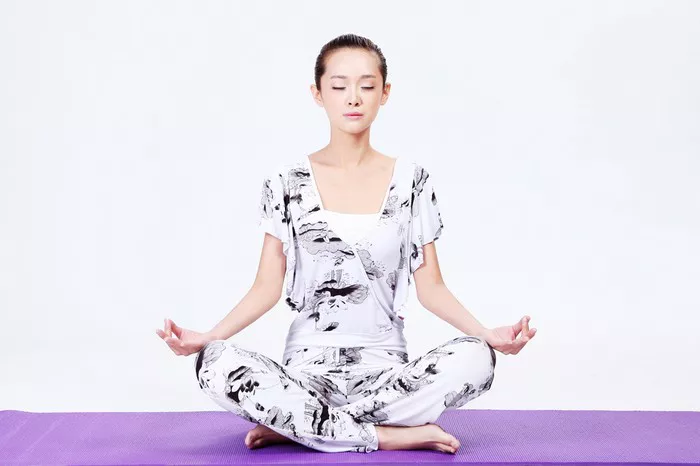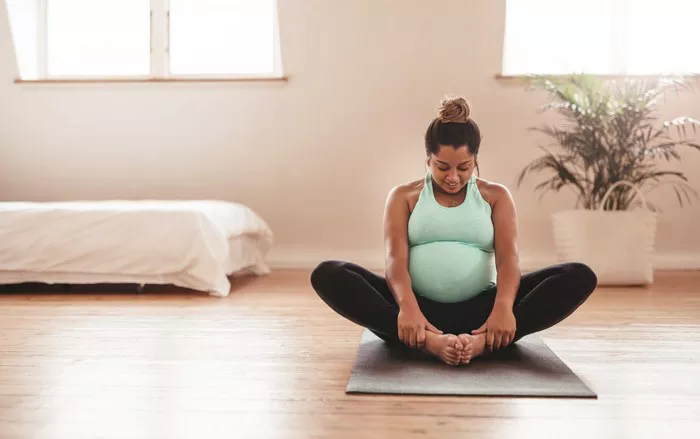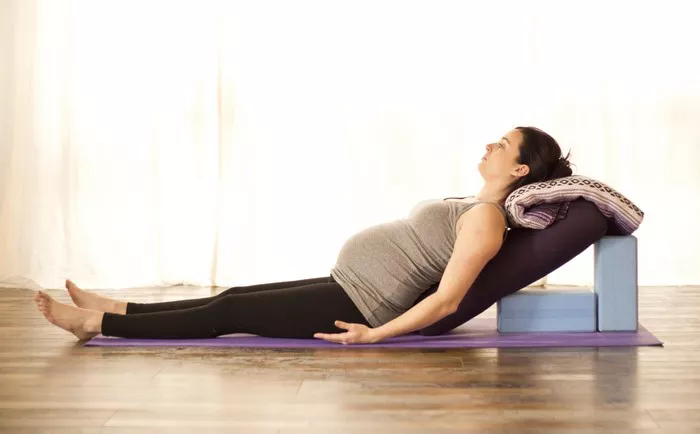Yoga has long been recognized as a powerful practice for physical health, mental clarity, and emotional well-being. Among the many styles of yoga, Hatha yoga is one of the most commonly practiced, known for its gentle, slow-paced nature. But for expectant mothers, a common concern arises: Is Hatha yoga safe during pregnancy?
In this article, we will explore the safety, benefits, and precautions of practicing Hatha yoga while pregnant. Whether you are an experienced yogi or a beginner, understanding how to modify your practice to suit your body’s needs during pregnancy is essential.
Understanding Hatha Yoga
Hatha yoga is a broad term that encompasses many styles of yoga that focus on physical postures (asanas), breathing techniques (pranayama), and meditation. Unlike more vigorous styles like Ashtanga or Vinyasa, Hatha yoga tends to be slower and gentler, making it an appealing choice for individuals seeking relaxation and balance.
During pregnancy, the body undergoes significant physiological and hormonal changes. Hatha yoga, when practiced correctly, can support these changes by improving flexibility, promoting relaxation, and reducing common discomforts associated with pregnancy.
Is Hatha Yoga Safe for Pregnant Women?
Yes, Hatha yoga is generally safe during pregnancy, but with some modifications. Many of the gentle postures and breathing exercises in Hatha yoga can benefit pregnant women by enhancing circulation, reducing stress, and strengthening muscles needed for labor. However, certain poses and movements may need to be avoided or adjusted to ensure the safety of both the mother and baby.
To practice Hatha yoga safely during pregnancy, it is important to:
Consult with a Healthcare Provider: Before starting or continuing a yoga practice during pregnancy, it is best to consult with your doctor or midwife to ensure it is appropriate for your specific health condition.
Choose a Prenatal Yoga Class: If possible, opt for a prenatal Hatha yoga class where instructors are trained to guide expectant mothers safely through modified postures.
Listen to Your Body: Pregnancy is a time of heightened body awareness. If a posture feels uncomfortable or causes strain, it is best to modify it or skip it altogether.
Benefits of Hatha Yoga During Pregnancy
Practicing Hatha yoga during pregnancy can provide a wide range of physical and mental benefits:
1. Enhances Physical Comfort and Reduces Pain
Pregnancy can bring about various discomforts, including back pain, swollen feet, and muscle tension. Hatha yoga postures can help alleviate these issues by stretching and strengthening muscles, improving posture, and promoting better circulation.
2. Improves Flexibility and Strength
Certain Hatha yoga poses help in strengthening the pelvic muscles, legs, and back, which are crucial for supporting the body’s extra weight during pregnancy and for labor preparation.
3. Promotes Better Breathing
Breath control (pranayama) is a fundamental aspect of Hatha yoga. Deep breathing techniques can enhance oxygen supply, improve lung capacity, and help mothers remain calm and focused during labor.
4. Reduces Stress and Anxiety
Pregnancy can be emotionally overwhelming, and Hatha yoga provides an effective way to manage stress. Through mindfulness, breathing, and relaxation techniques, expectant mothers can cultivate inner peace and emotional stability.
5. Improves Blood Circulation
Many Hatha yoga postures encourage healthy blood flow, reducing the risk of swelling in the legs and preventing complications such as varicose veins.
6. Prepares the Body for Labor and Delivery
Practicing yoga during pregnancy can enhance endurance and stamina, making it easier to cope with the demands of childbirth. Many yoga postures also encourage optimal fetal positioning, which can lead to a smoother delivery.
Precautions and Modifications
While Hatha yoga is generally safe, certain postures and practices should be modified or avoided during pregnancy:
1. Avoid Deep Twists and Backbends
Twisting poses that compress the abdomen should be avoided, as they may restrict blood flow and cause discomfort. Instead, opt for open twists that create space rather than compression.
2. Be Cautious with Forward Bends
While gentle forward bends can be beneficial, they should be performed with a wider stance to make space for the growing belly. Avoid deep bends that put pressure on the abdomen.
3. Skip Inversions
Poses like headstands and shoulder stands should be avoided, as they can cause dizziness, disrupt circulation, or increase the risk of falling.
4. Modify Balance Poses
Since pregnancy shifts the body’s center of gravity, balancing poses should be done with caution. Using a wall or chair for support can prevent falls and enhance stability.
5. Avoid Overstretching
During pregnancy, the body releases relaxin, a hormone that loosens ligaments. While this increases flexibility, it also raises the risk of overstretching and injury. Avoid pushing too far in any pose.
6. Be Mindful of Lying on the Back
After the first trimester, lying flat on the back for an extended period can put pressure on the vena cava, a major blood vessel, potentially reducing circulation to the baby. Instead, use props to elevate the upper body or practice poses on the side.
Safe Hatha Yoga Poses for Pregnancy
Some of the best and safest Hatha yoga poses for pregnant women include:
Cat-Cow Stretch: Helps relieve back pain and promotes spinal flexibility.
Modified Warrior Poses: Strengthens the legs and improves balance.
Goddess Pose: Opens the hips and strengthens the pelvic floor muscles.
Child’s Pose: Provides gentle relaxation and relieves lower back tension.
Seated Side Stretch: Enhances flexibility and improves breathing capacity.
Butterfly Pose: Opens the hips and enhances circulation in the lower body.
Supported Savasana (Relaxation Pose): Encourages deep relaxation without lying flat on the back.
Conclusion
Hatha yoga can be a safe and beneficial practice during pregnancy when performed with proper modifications and mindfulness. It offers expectant mothers a way to stay physically active, manage stress, and prepare their bodies for childbirth. However, it is essential to listen to the body’s signals, avoid high-risk poses, and seek guidance from a qualified prenatal yoga instructor when needed.
If you are pregnant and considering practicing Hatha yoga, consult with your healthcare provider first, and always prioritize comfort and safety. With the right approach, Hatha yoga can be a wonderful tool for maintaining well-being throughout pregnancy and beyond.
Related Topics:

















